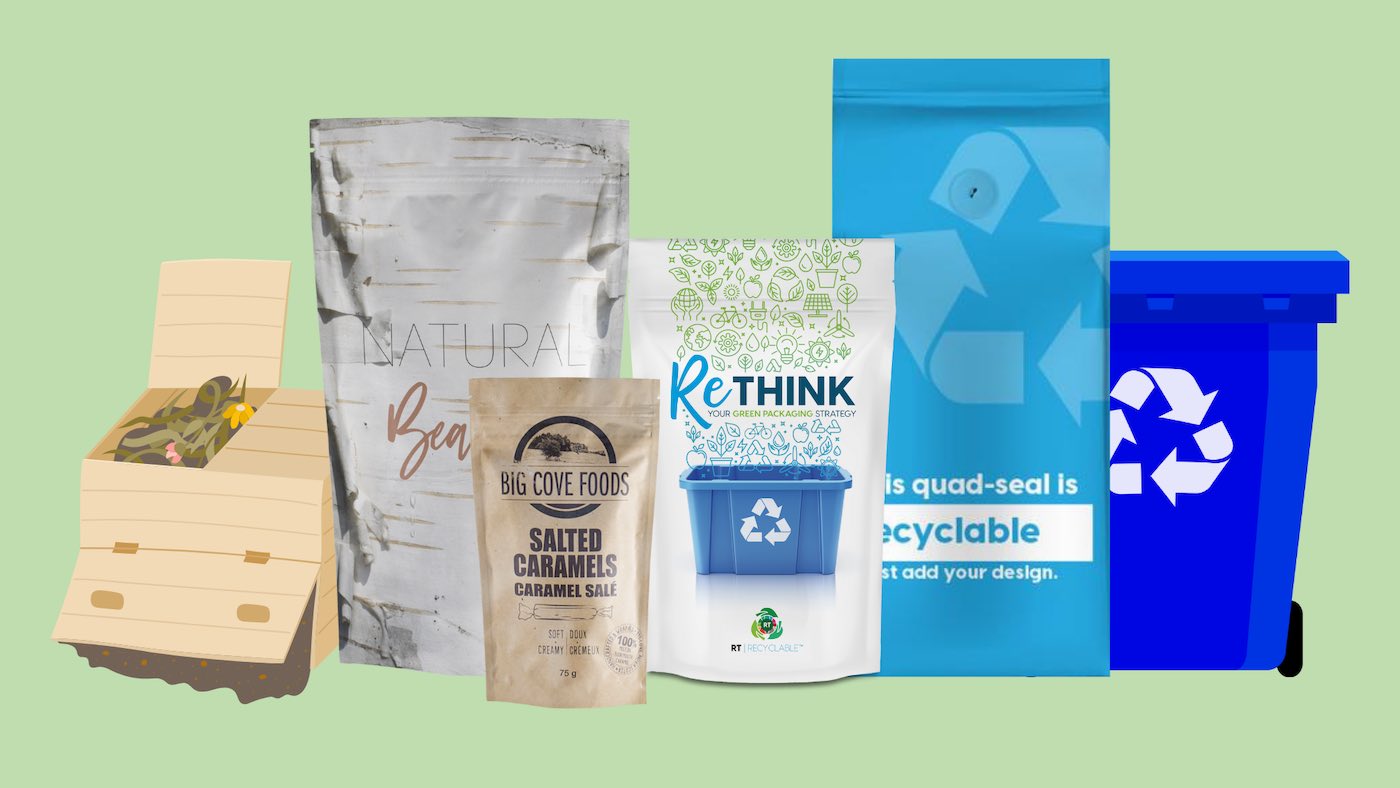
Recyclable packaging
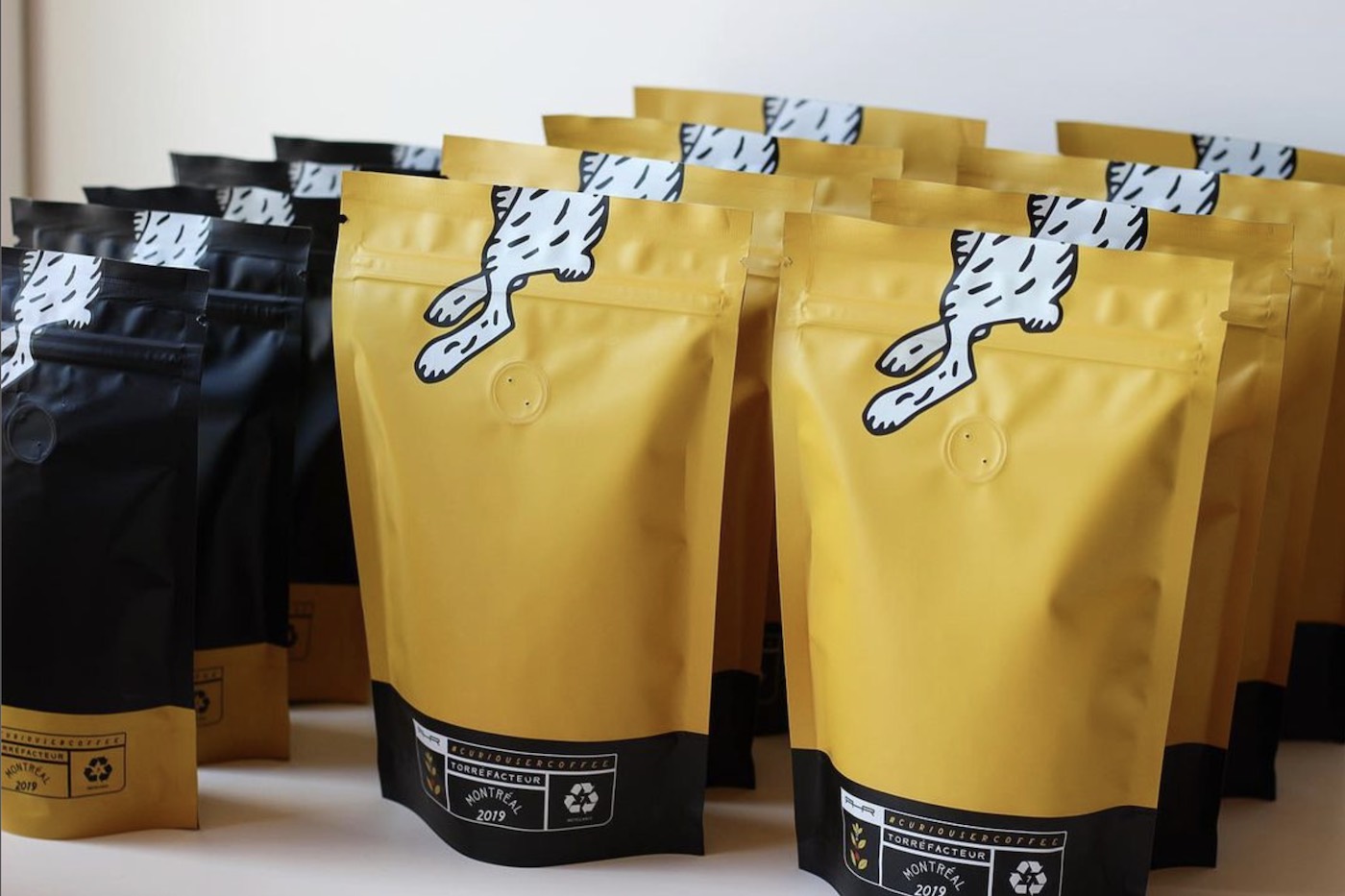
Compostable packaging
Compostability refers to the ability of organic materials to decay into compost, a purely natural byproduct. Compostable materials require far less carbon to manufacture, reduce the number of resources needed to make the actual packaging, and reduce the overall amount of waste sent to landfills. Does it make you wonder why all brands don’t use compostable packaging? Compostable is sometimes not the best option for brands because of cost, availability in the market, limits in styles of packaging, and a product’s specific shelf-life needs. Rootree is making some exciting advancements in the realm of compostable packaging in order to address some of these concerns – sign up for our newsletter to stay informed about the relaunch of our compostable line of products!
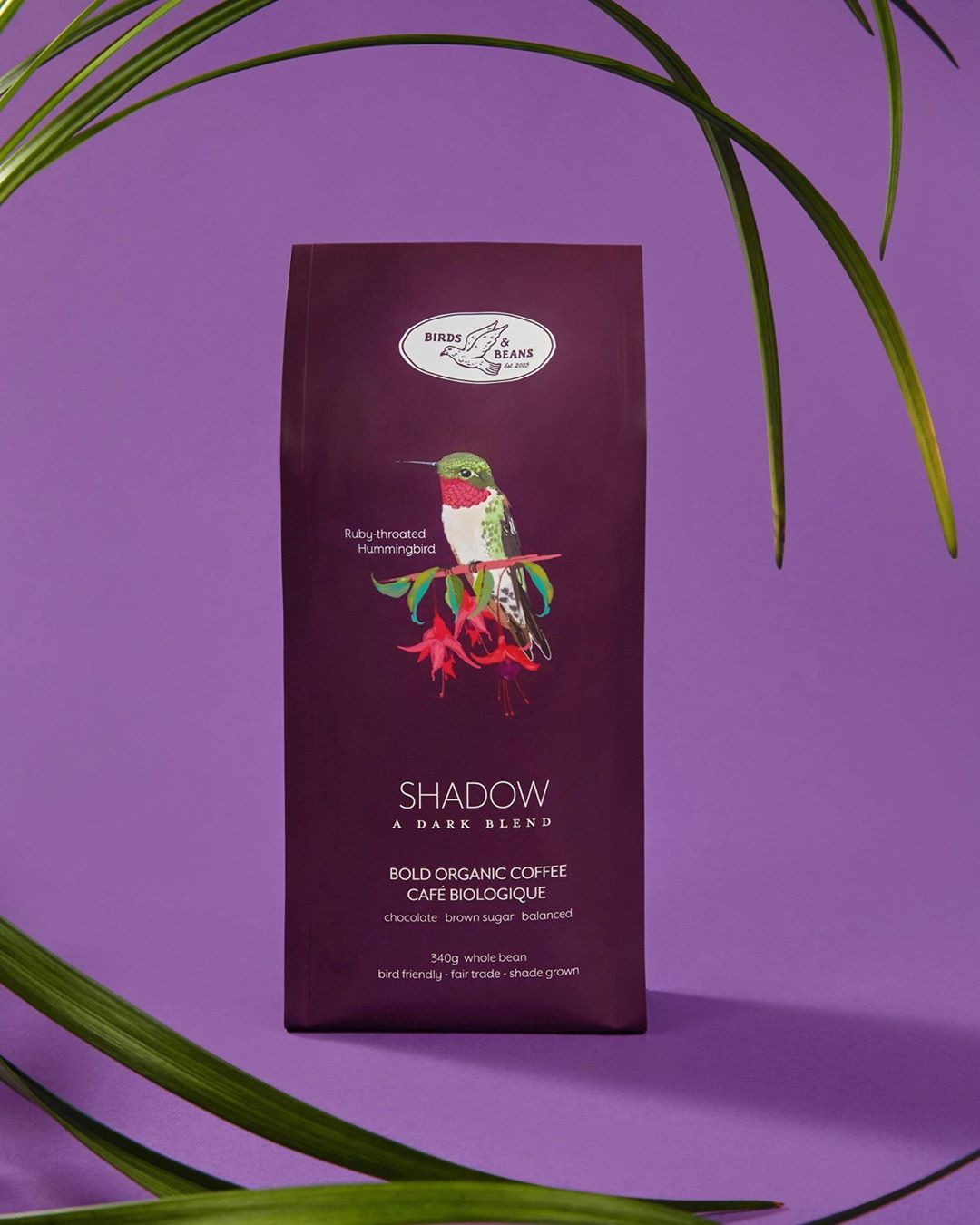
The Difference Between Compostable and Biodegradable
…On a very important side note, compostable and biodegradable packaging are not necessarily the same thing!
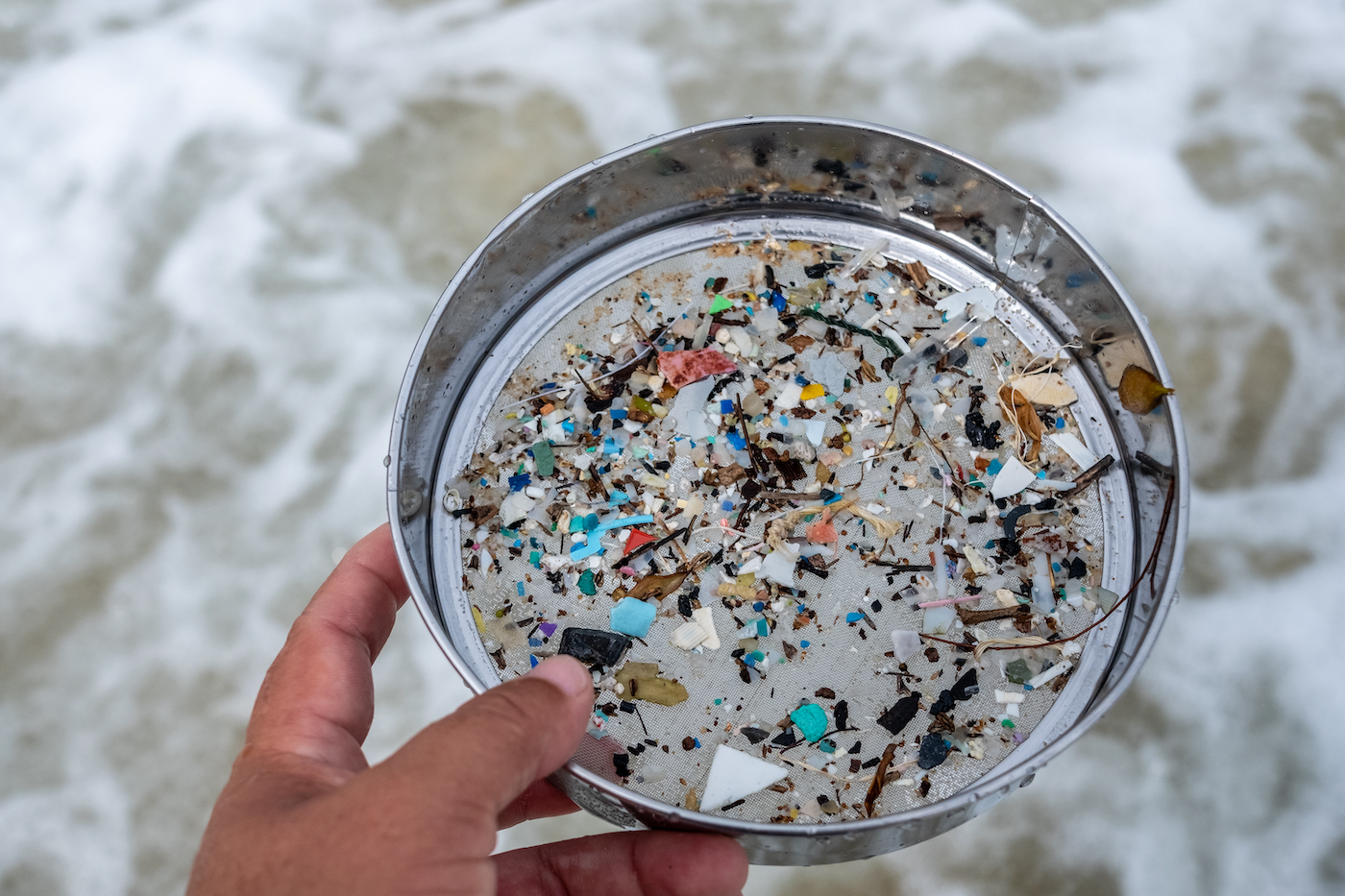
In summary, all compostable materials are biodegradable, but not all biodegradable materials are compostable.
Flexible packaging
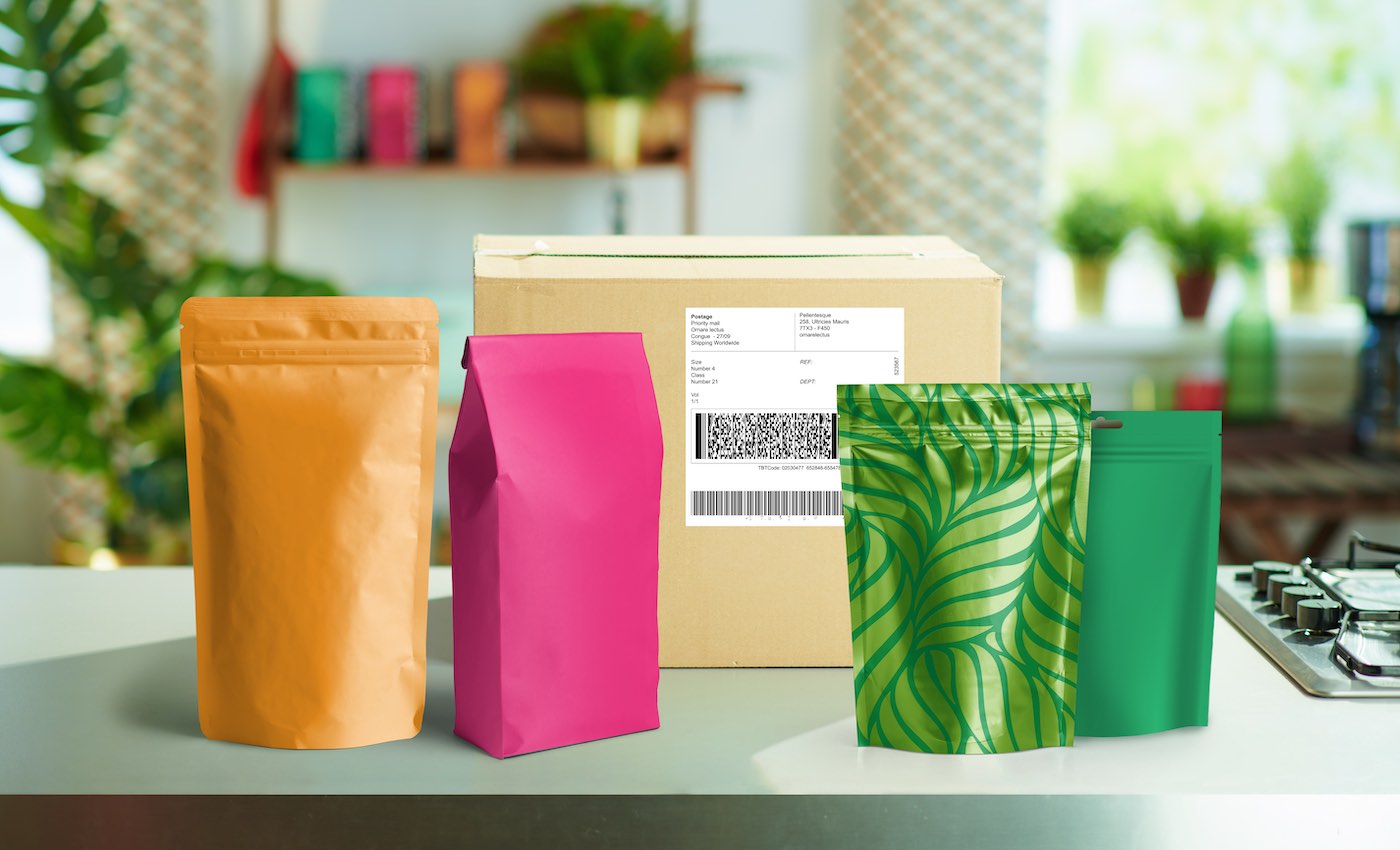
True to its name, flexible packaging is non-rigid packaging—for example, a bag or pouch that is used to protect a variety of different products. Unlike rigid packaging, like a box or glass jar, flexible packaging is “flexible” in nature and can easily change shape.
There are several properties of flexible packaging that raise its sustainability profile. A great way to reduce materials going to landfills is through the use of lighter-weight packaging. In general, bags, pouches, and flexible packaging are significantly lighter and more efficient in their material usage than rigid containers. Stand-up pouches, a type of flexible packaging, offer a product-to-package ratio of 35:1. They help decrease CO2 emissions by up to 93% through less transportation pollution and a reduced carbon footprint. For example, one truckload of unfilled flexible pouches can be used to package the same amount of product as 26 truckloads of unfilled glass jars.
Some other amazing advantages of flexible packaging are:
- reduced shipping weight, size, and cost;
- reduced energy usage to print and convert flexible packaging;
- extended food shelf life;
- products packed in flexible packaging alone have 70% less primary and secondary packaging than their counterparts; and
- no harmful BPAs.
…that’s why we have optimized our processes, allowing us to reduce our manufacturing waste by 75% compared to our competitors. Here at Rootree, we are always focused on providing the best product with the planet in mind. If you’re still not sure what eco-friendly packaging is right for your brand, our knowledgeable Sales Specialists are experts in sustainable packaging and would love to help you find the best fit!